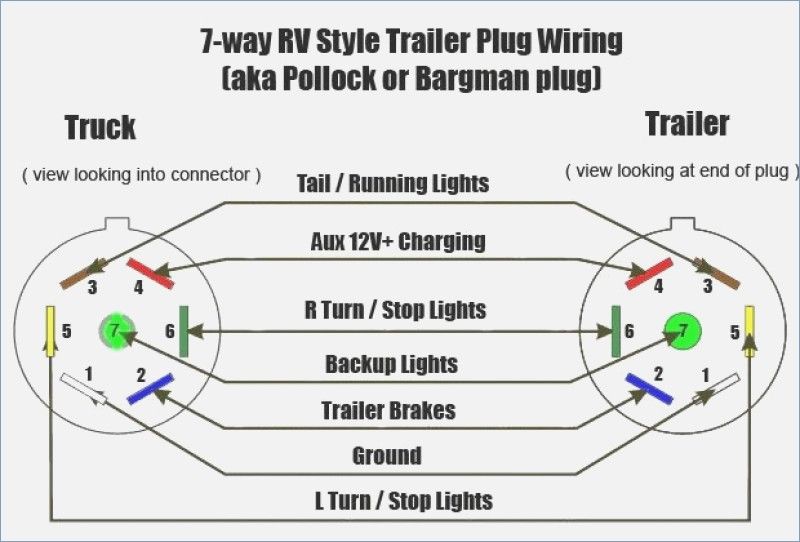jheimann
Member
I am new to camping having purchased a KZ Sportsman camper over the winter. I towed it home without issue with my pickup. I hooked it up this spring to take it for our first weekend adventure and as soon as I plugged the trailer into the truck the engine bogged down. Minutes later the 7 way connector started smoking. I quickly unplugged it and noticed the 12V accessory pin was completely melted away. The 30 Amp breaker in the truck never tripped. The battery on the camper was fully charged before connecting it to the truck (having been on shore power for days previous to our hooking it up to go). I used a Volt meter to test the trailer and truck and see that both seem fine. I have 12V at the trailer plug (or what's left of it) and can use a jumper wire at the plug to run all the lights (tail lights, left and right brake/blinker) from the RV battery and all works as expected. The truck still produces 12V at the accessory pin. The battery on the camper appears no worse for the wear and remains fully charged.
What happened? I can't figure it out. I will replace the connector on the trailer (since its melted away) and the connector on the truck for good measure, but until I know what caused the problem, I am afraid to connect it together again. I would have thought it was a bad connection causing heat build up/melting, but that would not have bogged down the engine on the truck when I connected it.
Also should I put an inline fuse (smaller than the 30A breaker in the truck) to protect the wiring since it obviously can't handle the 30 amps?
Any help you kind folks can provide would be greatly appreciated!
What happened? I can't figure it out. I will replace the connector on the trailer (since its melted away) and the connector on the truck for good measure, but until I know what caused the problem, I am afraid to connect it together again. I would have thought it was a bad connection causing heat build up/melting, but that would not have bogged down the engine on the truck when I connected it.
Also should I put an inline fuse (smaller than the 30A breaker in the truck) to protect the wiring since it obviously can't handle the 30 amps?
Any help you kind folks can provide would be greatly appreciated!

